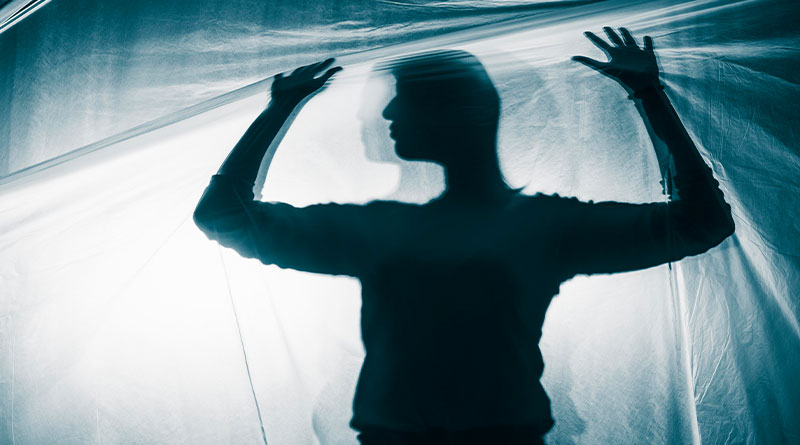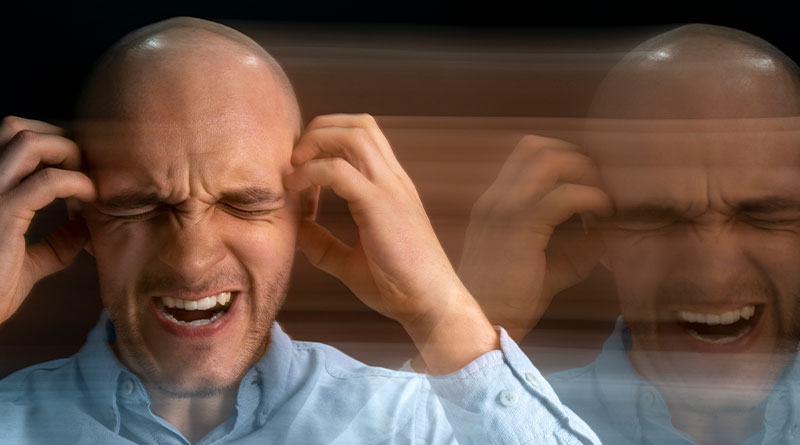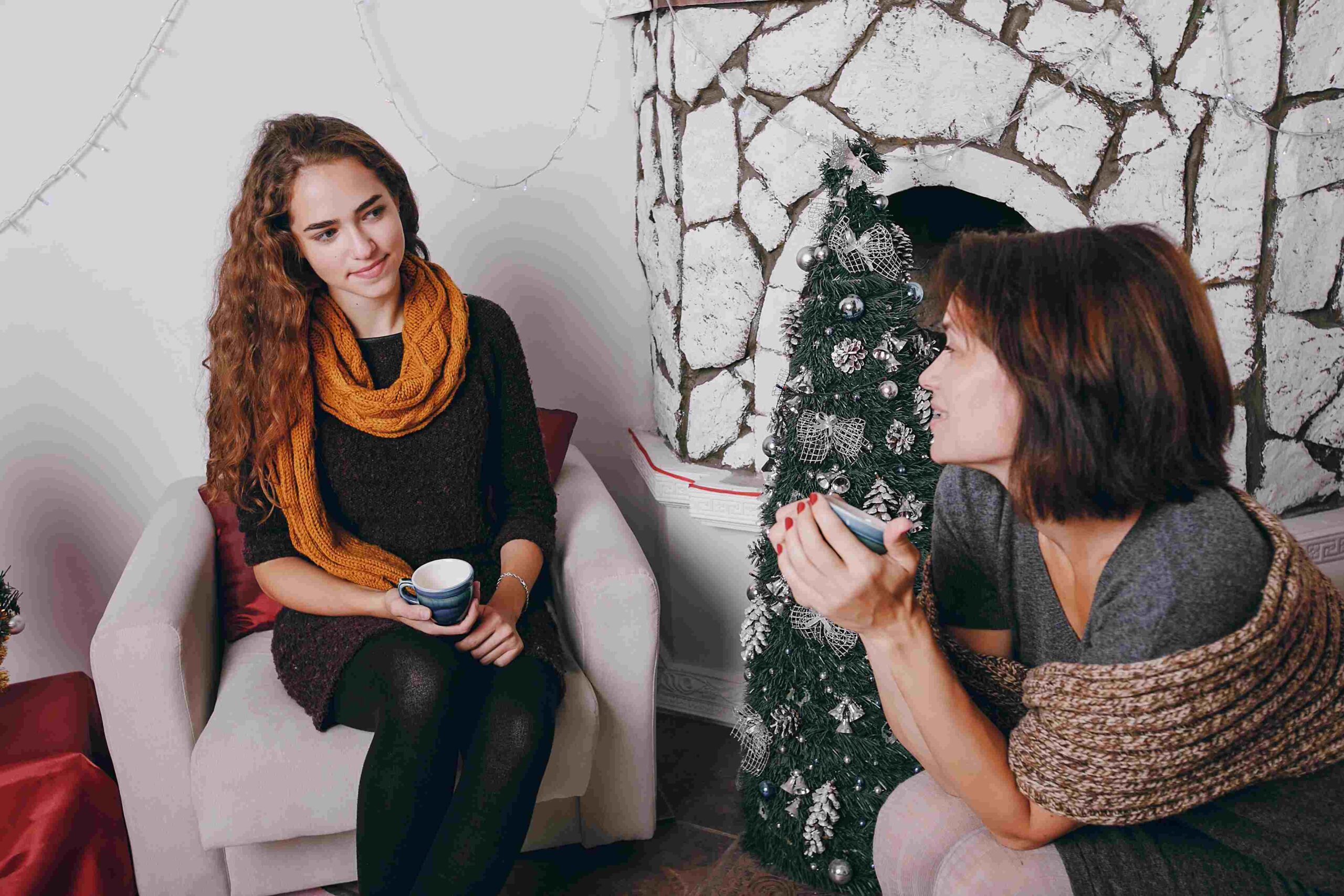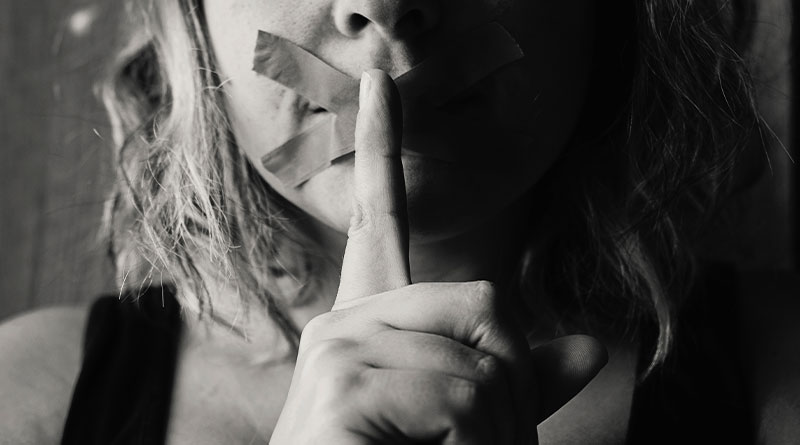Depressed persons are seen as “lesser people.” We cannot maintain “normal” lives, such as working and maintaining relationships. People who are “normal” have no idea how to deal with us. They avoid us because contact with us would be infectious. Nobody wants to catch the “crazy.”
At least, that’s the consensus. This is all completely false. When we’re depressed, the stigma is like a pesky mosquito that won’t disappear no matter how often we swat at it.
Who is to blame for making the Stigma of depression and ensuring it stays around? Our friends and family members who don’t fully understand depression? The news? As a whole, society?
Most likely, all of them since they combine to make an unwelcoming stew of prejudice.
Stigma of Depression: What is The Cause?
The stigma surrounding mental illness has deep roots. Trephination, the surgical drilling of holes in skulls, has been used to free bad spirits believed to be trapped there since at least 6500 BC.
People with mental illness were sometimes put to death or locked up in “madhouses” throughout the Middle Ages because it was widely believed that the Devil possessed them as a divine punishment.
Although people with depression tend to be seen more sympathetically, the stigmatization of those with mental health conditions persists for various reasons. The media has some responsibility for this. Dissociative identity disorder and bipolar disorder are two more mental diseases frequently reported in the news alongside schizophrenia. This stigma is perpetuated by media portrayals of people with severe mental illness in genres like horror and other (sometimes contentious) shows. (Movies like “The Skeleton Twins” do a good job of depicting despair.)
These false beliefs flourish due to ignorance, apathy, and insensitivity. There’s a common misconception that mentally ill people can’t hold down a job, have poor social skills, and always seem disheveled.
Depression and other mental diseases still carry a stigma in many households. Depressed people often hear “buck up” and “stop feeling sorry for yourself” from well-meaning bystanders who assume they are weak.
Statements like these embarrass the listener and prevent them from seeking help. Clinical depression is real. The mind can get sick in the same ways that the body can.
Types of Stigmas
Stigma affects more than just people with mental illness, which is something to remember. This also impacts their caretakers. NAMI identifies seven forms of stigma:
Self Stigma
When people feel bad about themselves, this is called self-stigma. The feelings of being “less than,” “not worthwhile,” or “different” are common. “Men and individuals who are supposed to be strong,” such as police officers, firefighters, and military professionals, “experience a huge amount of self-stigma,” as Brister puts it.
“While everyone has blue days, it is important to know when a down mood has shifted from something passing into a depression that is disrupting your life,” she says.
Public Stigma
Stigma of depression exists because of people’s biased and stereotypical views of the world. Discrimination is proportional to the intensity, prevalence, and character of the afflicted group’s condition. People tend to fear those who have schizophrenia more than those who are depressed, according to studies.
Institutional or Structural Stigma
More pervasive than social stigma is institutional or structural stigma. Institutional stigma may be to blame when government funding for initiatives that aid persons with mental illness is inadequate. The private sector is another setting where people with mental health issues have fewer options.
Health Practitioner Stigma
Surprisingly, some medical professionals let their biased views of mental illness influence how they treat their patients.
Perceived Stigma
The term “perceived stigma” refers to the idea that people with mental illness are looked down upon by society. The outcome is a missed chance, whether deliberate or accidental.
Stigma by association
Stigma by association occurs when people’s preconceived notions about someone with a mental health issue are applied to others connected to that person.
Label Avoidance
When an individual or parent puts off getting help because they are worried about how they will be labeled or judged for doing so, they are engaging in label avoidance. This can devastate depressed kids or kids with untreated mental health issues like anxiety or OCD.
The Impact of Stigma
As a result of internalized stigma, individuals may develop a pessimistic worldview, low self-esteem, and a sense of hopelessness. It may discourage individuals from seeking help, leading to homelessness, unemployment, poverty, and ongoing health issues.
Interestingly, it can also spark righteous rage against stigma, motivating sufferers to participate in their treatment and advocacy efforts actively.
Having the love and acceptance of family, friends, and mental health professionals can help those whose diagnosis of mental illness has been stigmatized cope with their sentiments regarding the diagnosis.
However, discrimination and stigma can be a serious barrier to rehabilitation for some people, lowering their quality of life and harming their loved ones. It’s not unusual for people to avoid interacting with persons who are mentally ill, even close family members, especially when the mental illness is severe.
People of certain racial and ethnic groups are disproportionately affected by stigma, which can prevent them from getting help. Getting professional counseling, for example, contradicts the deeply held beliefs of several Asian cultures, which emphasize suppressing one’s emotions and keeping “shameful secrets” within the confines of one’s own family.
Methods for Dealing with Stigma
Try reaching out to media outlets to point out when they use potentially harmful stereotypes, practicing self-compassion, reading personal stories about depression, seeking help from a mental health professional (they are there to help, not judge), and advocating for equality between physical and mental health.
Even if you’ve never experienced depression yourself, you can play a role in eliminating the prejudice that surrounds those who do. Empathy for others in your circle struggling with depression is crucial.
Conclusion
Learn as much as possible about depression, including its causes, warning signs, and prevalence. If you have loved ones going through this, ask them what you can do for them and how to help more people. If we put forth a little effort every day, we can eliminate this Stigma of depression from our culture.
Suppose we lived in a world where depression was accepted for what it is. It’s just another health issue. Get it done, you guys.
Sahil Sachdeva is the Founder of curemedoc.com and a Digital Marketing professional with years of experience. If you need help in Content writing and want to increase your website ranking, connect with him, as he has some premium websites where you can share blogs with DoFollow links and increase your website’s ranking on Google.





